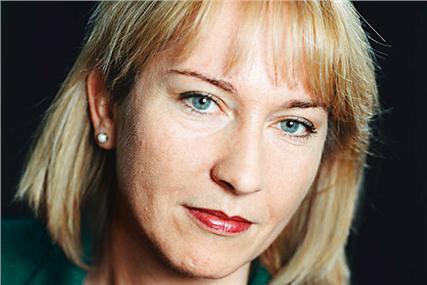We're taking our cue on this from the US' 'Responsibility Deal' scheme, which involved Kellogg, PepsiCo, Unilever and 13 other food mega-brands pledging to trim 1.5tr calories from the annual US food supply by the end of 2015.
Yet in the land of plenty, the pursuit of happiness leaves some with Tom Cruise smiles and buff bodies, but many millions more with the diet and exercise regime of Homer Simpson.
Such encouragement for responsible manufacturing of food and drinks is to be lauded and supported, but the probable success of this initiative is best summed up by two words: 'wing' and 'prayer'.
That's because anyone who's been on, say, the Dukan diet, knows that, alongside exercise, the best way to cut calories is to avoid processed, fat-rich, sugary foods altogether.
So, you don't choose a lower-calorie cereal; you don't have cereal, full stop. Whole sections of the supermarket are forbidden for people on such diets. Good for the figure, but not good for grocers' bottom line.
Two questions, then.
Will tackling weight and fitness from the 'supply-side' rather than the 'demand-side' work?
I cannot see food and supermarket brands adopting anti-smoking-style health warnings on their calorie-laden but profitable ready meals.
And will this, in the end, become more about being seen to do something?
Wholesome food brands such as Innocent don't need to make a pledge to reduce calories, but then, their products cost more. The risk is that mainstream brands and grocers will use any calorie-reduction drive as window dressing, and not of the low-fat kind.
Noelle.McElhatton@haymarket.com


